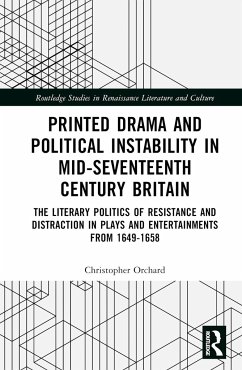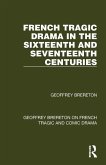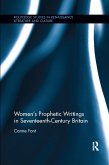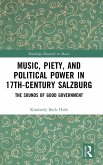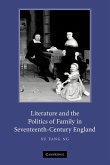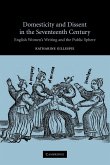Printed Drama and Political Instability in Mid-Seventeenth-Century Britain: The Literary Politics of Resistance and Distraction in Plays and Entertainments, 1649-1658 describes the function of printed drama in 1650s Britain.
After the regicide of 1649, printed plays could be interpreted by royalist readers as texts of resistance to the republic and protectoral governments respectively. However, there were often discrepancies between the aspirational content of these plays and the realities facing a royalist party who had been defeated in the Civil Wars. Similarly, plays with a classically republican Roman setting failed to offer a successful model for the new republic. Consequently, writers who supported the new republic and, eventually, Cromwell's protectoral government, proposed entertainments, based around the concept of the sublime, whose purpose was to create political amnesia in the audience, thereby nullifying any political dissatisfaction with a non-monarchicalform of government.
This volume will appeal to students and scholars of seventeenth-century literature, and of the political history of 1640s and 1650s Britain.
After the regicide of 1649, printed plays could be interpreted by royalist readers as texts of resistance to the republic and protectoral governments respectively. However, there were often discrepancies between the aspirational content of these plays and the realities facing a royalist party who had been defeated in the Civil Wars. Similarly, plays with a classically republican Roman setting failed to offer a successful model for the new republic. Consequently, writers who supported the new republic and, eventually, Cromwell's protectoral government, proposed entertainments, based around the concept of the sublime, whose purpose was to create political amnesia in the audience, thereby nullifying any political dissatisfaction with a non-monarchicalform of government.
This volume will appeal to students and scholars of seventeenth-century literature, and of the political history of 1640s and 1650s Britain.

